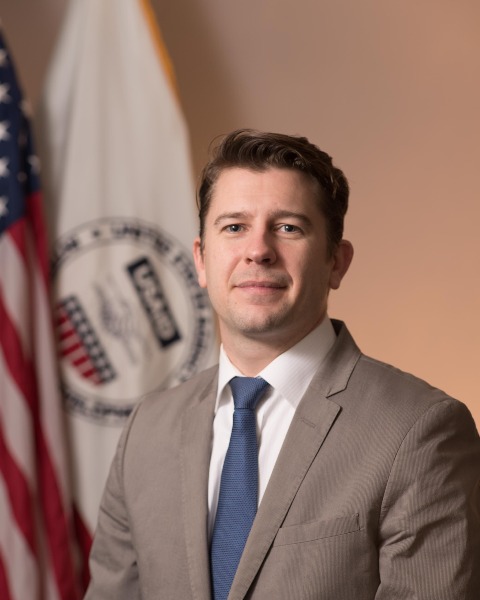International and Cross Cultural Evaluation
Normalizing unseen dimensions in M&E design: How to advocate for vibrant local storytelling that includes intangibles (e.g., hope, trust)
-

KURT WILSON, PhD (he/him/his)
President
Effect X LLC
Lakewood, Colorado, United States -

Travis Mayo, MA
Monitoring Practice Lead
USAID
Tega Cay, South Carolina, United States
Presenter(s)
Location: Room 102
Abstract Information: Monitoring and evaluation in international contexts is generally interdependent with the organizational culture of sponsoring organizations - like USAID. The values and needs of these sponsor organizations –be they implicit or explicit – define the scope of possibility, especially related to innovation. This session will provide practical guidance and specific examples within USAID and other sponsoring organizations to make room for the evaluation of intangibles like hope and trust within a global M&E portfolio. We will provide clear takeaway ideas to help make a persuasive case, help enable internal champions with changes to policy and guidance documents, and clearly demonstrate the value of the needed change. Bring your questions and ideas to contribute to a lively discussion about how you can help support needed change within sponsoring organizations!
Relevance Statement: The primary factors influencing near-term evaluation projects within international contexts often seems clear, such as: the terms of reference published by the sponsoring organization, the Guiding Principles for Evaluators (AEA, 2018), and the published parameters for the selected evaluation approach (e.g., frameworks presented in Better Evaluation, 2023). However, behind the scenes of this clarity, there are a range of important forces and influences that shape evaluation that need to be understood and engaged with intentionality to create an ecosystem that honors local voices. This session will help evaluators more effectively advocate for inclusion of intangibles (e.g., hope, trust) in monitoring and evaluation designs. Prioritizing and normalizing intangibles elevates the voices of local stakeholders and provides data on the often untold or ignored stories of personal change. This session will provide participants with practical guidance and useful next steps to help them engage these wider realities. The content for this session will be woven from multiple sources, including: • Deep experience of the presenters: Travis Mayo - 15 years with USAID (currently Monitoring Practice Lead) and Kurt Wilson - 15 years as President of Compass Outreach Media (a marketing company serving nonprofit organizations) and 11 years as an independent evaluation consultant. This experience enables both presenters to provide relevant case examples and research data to ground the demonstration from multiple perspectives. • Resources developed in collaboration with an informal community of practice with about 15 evaluators launched after a 2022 AEA workshop on evaluating intangibles. • Frameworks and approaches drawn from relevant evaluation texts, such as Utilization Focused Evaluation (Patton, M. 2008) and Social Psychology and Evaluation (Mark, M.M., Donaldson, S.I., & Campbell, 2011). The educational quality of the session itself will be upheld through interactive and engaging facilitation honed over extensive classroom and training experience of both facilitators. This session will contribute to evaluation knowledge by building on the theory and approaches noted above. Participants will receive inspiration from practical approaches and useful tools developed to serve the needs of evaluators working in international contexts serving a diverse range of sectors. Encouraging evaluators to advocate for broader inclusion of intangibles in monitoring and evaluation designs, the presenters aspire to normalize local perspectives of love, trust, agency, and hope as valued elements of success in development programs.
